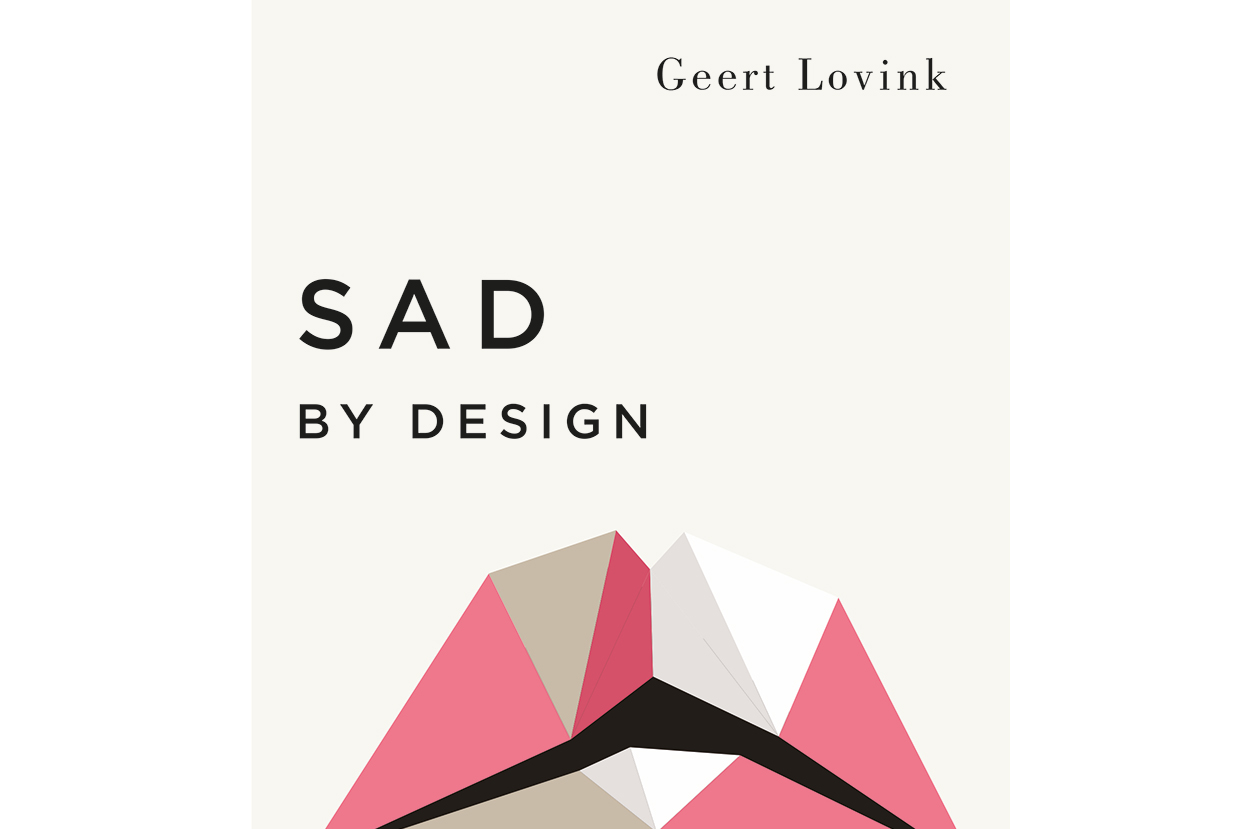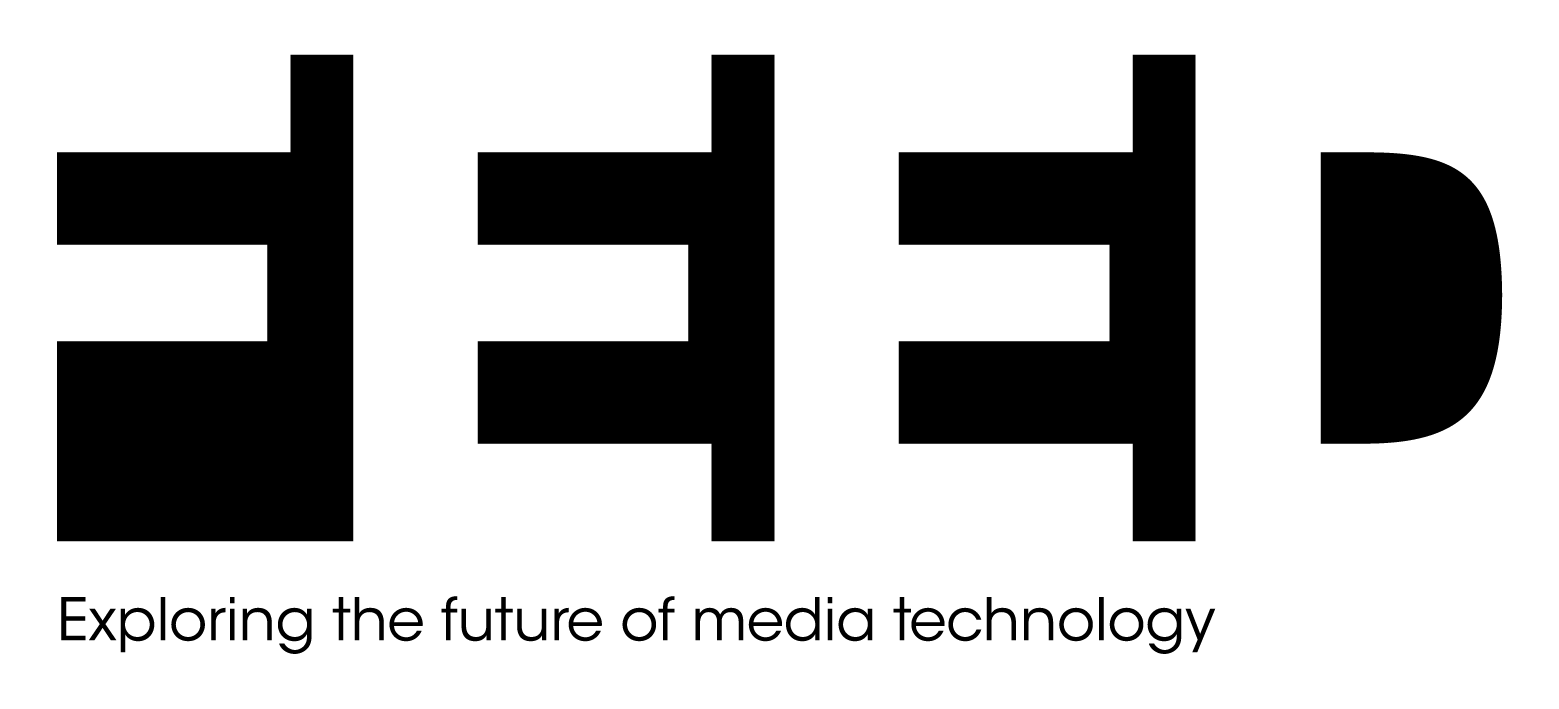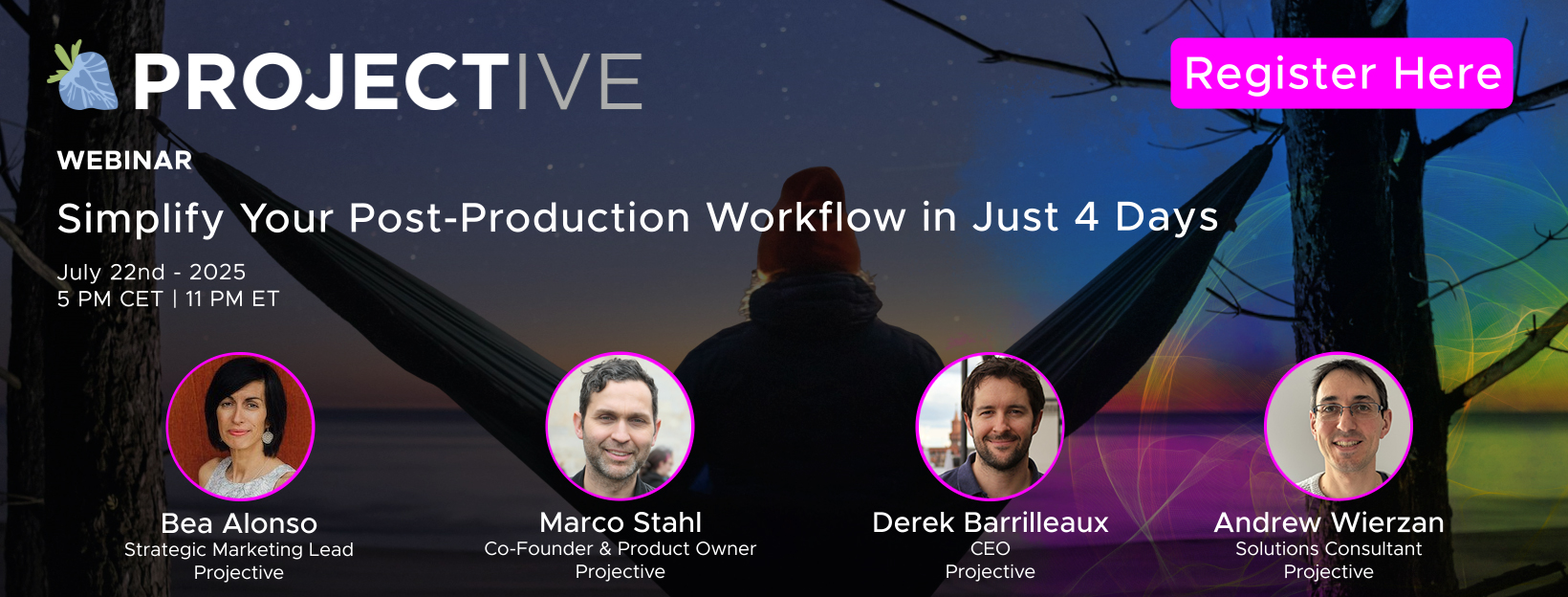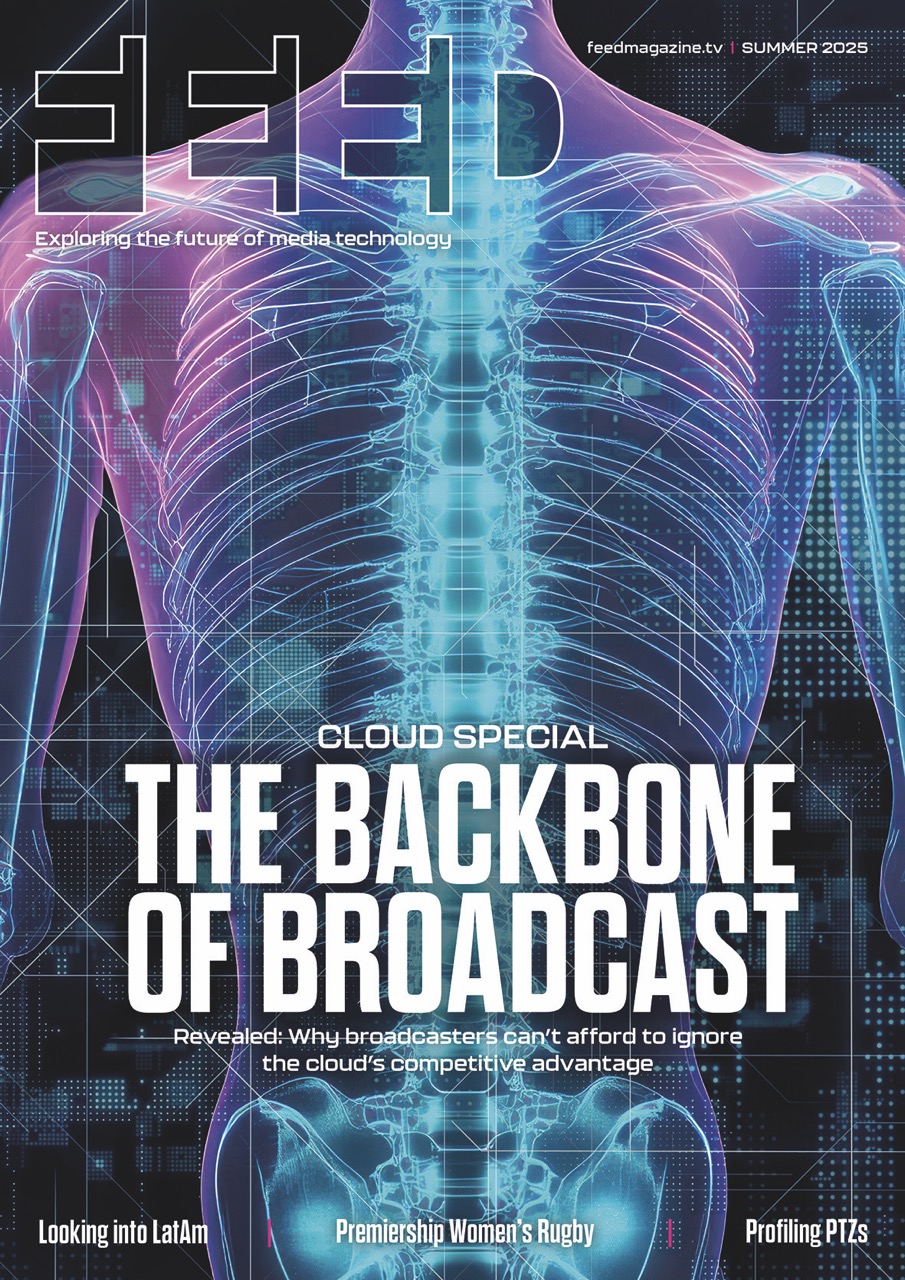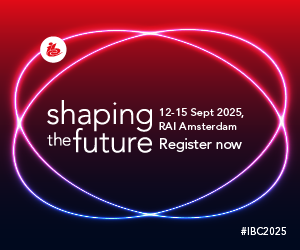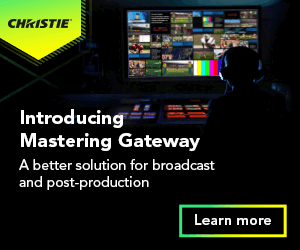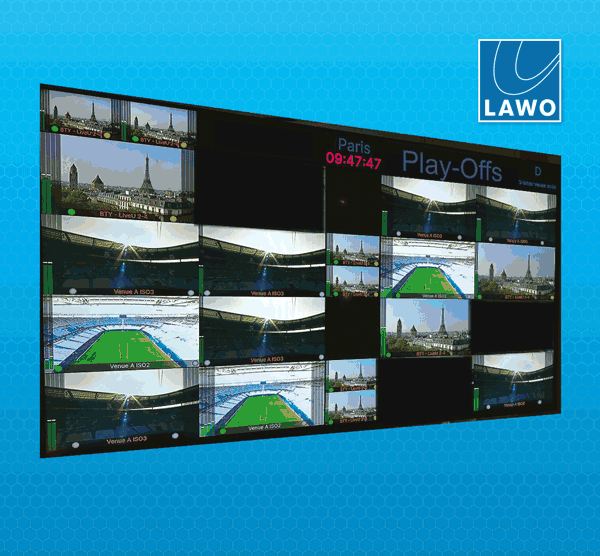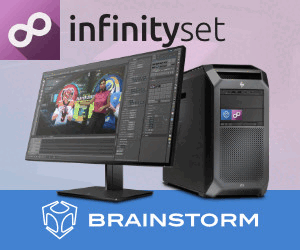Geert Lovink, Institute of Network Cultures: “The more arrogant they are, the more they speed up their own demise”
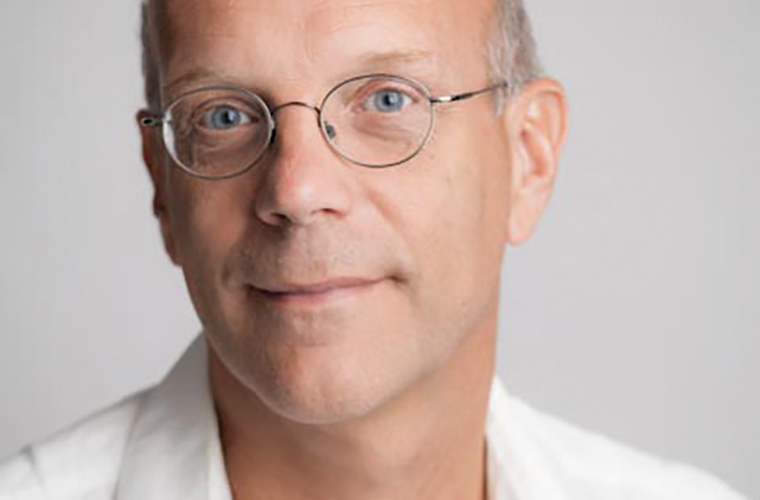
Geert Lovink is a Dutch activist and writer on digital technologies, as well as founder of think tank Institute of Network Cultures. His newest book, Sad by Design, is a collection of essays on the evolving – or devolving – state of our digital reality and how we fit into it
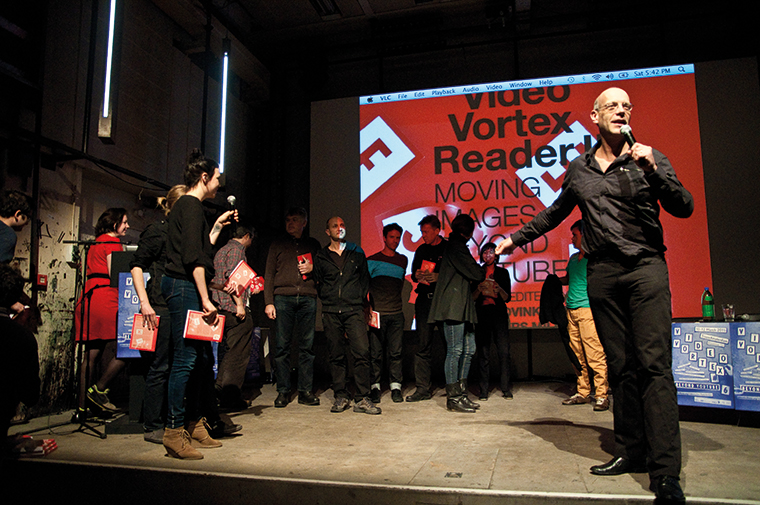
Greet Lovink is the founder of the Institute of Network Cultures, which analyses and shapes the terrain of network cultures
FEED: Could you tell us how you got involved in media? I know you started thinking about the political implications of digital media early on.
Geert Lovink: I started off in the squatters’ movement in Amsterdam. We ran our own independent infrastructure to publish things. I was involved in free radio, cable television initiatives and publishing.
Around the mid-80s, we got involved in personal computers, then I had a modem and started using bulletin board systems and the internet, and then we started building up our own ISPs and community networks, and all from political, cultural, artistic and non-profit perspectives.
I also lived in Berlin a lot and was active in eastern Europe after the fall of the Berlin Wall, especially in Hungary, Romania and the former Yugoslavia. And I did my PhD in Australia at the University of Melbourne, so I lived there for five years.
In 2004, I was appointed research professor at the Hogeschool van Amsterdam and associate professor at the University of Amsterdam and I founded the Institute of Network Cultures.
FEED: How did you become interested in the power of video?
Geert Lovink: I presume it’s because of my background in the video art scene. In the late 80s, I was an editor of a magazine on video art called Mediamatic. I’ve been following new media ever since.
With the arrival of the internet, we started to experiment and bring together all these existing media initiatives, which we were running as more or less alternative and public infrastructures. We did that under the umbrella of the term ‘tactical media’, in which people do a little bit here and there. They can do graffiti on walls, but also multimedia with a computer. They can do live broadcasting on cable television and make shows on pirate radio, publish their zines and, of course, start their first websites. In the mid-90s, this is the situation we found ourselves in.
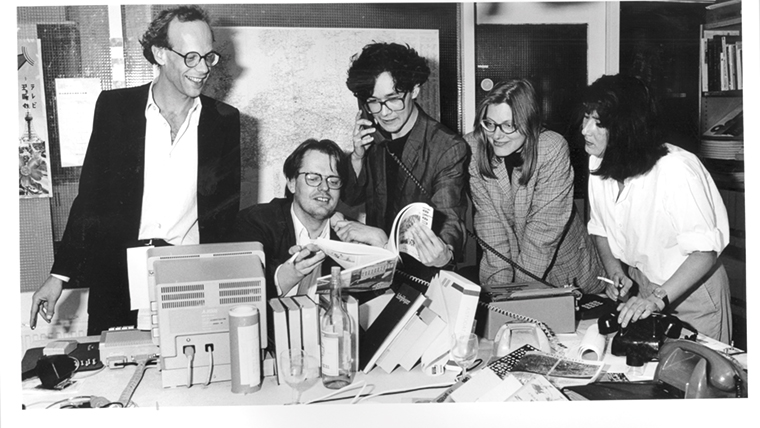
In the late 80s, Lovink was editor of a video art magazine, Mediatic, and has followed new media ever since
FEED: Was there hope and anticipation back then about what these tools could do or what they might mean?
Geert Lovink: We strongly believed in our own infrastructure. This is important – and this is what we have lost. We don’t have our own infrastructure anymore. The infrastructure that’s left, for local radio or public access channels, which are still running via copper, is one people no longer use. Everything has become digital, and with that comes a regime of neo-liberal regulation, privatisation and not much left of autonomous infrastructure.
We did our best with community networks, with stuff like Digitale Straat in Amsterdam, and our own provider, Access For All, to build up that autonomous infrastructure in the 90s. But five years into it, we started to lose the game and it became clear, especially after the dot-com crash, that big money had moved in. There was no way for us to regain that position.
Now it’s 20 years later and the debate is returning, with the looming bankruptcy of Facebook and Google – the moral bankruptcy, that is, not the actual one. But maybe one proceeds the other, who knows? There is, at least in Europe, a growing awareness that these companies are not for the public good. The insight comes a bit late, but nonetheless.
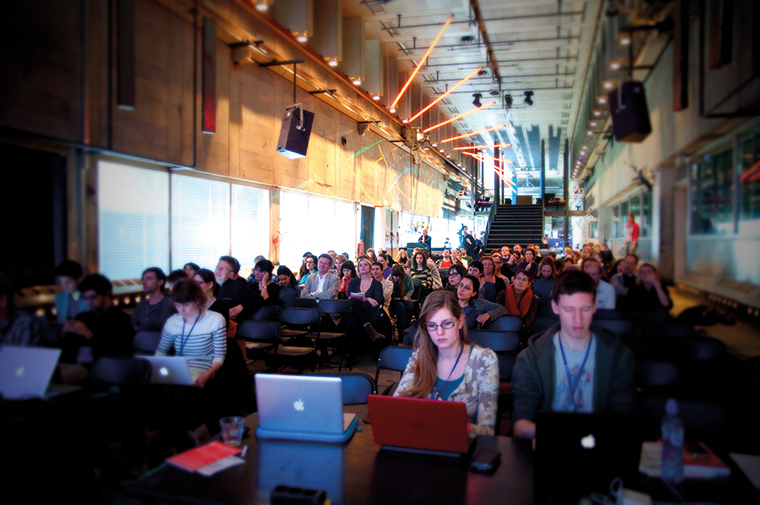
Video Vortex events gather participants from diverse disciplines to discuss the aesthetics and politics of online video tech
FEED: What can be done to get platform ownership back into local and community hands?
Geert Lovink: If the Mark Zuckerbergs of the world just continue as they are, this is good. The more arrogant they are, the more they speed up their own demise. Also, with Google, the more arrogant it becomes, the more apparent there is a real problem.
The split up, in my view, is already inevitable, one way or another. First, the split between Facebook, Instagram and WhatsApp, but also the separation of Google from its search engine and so on.
These are first-step measures. We’re not talking about the dominance of Amazon, which is another concern. Or the nationalisation of Apple – which is also imminent, in my view, because once the Chinese resource crisis hits and China closes its factories producing Apple products, there will be a problem.
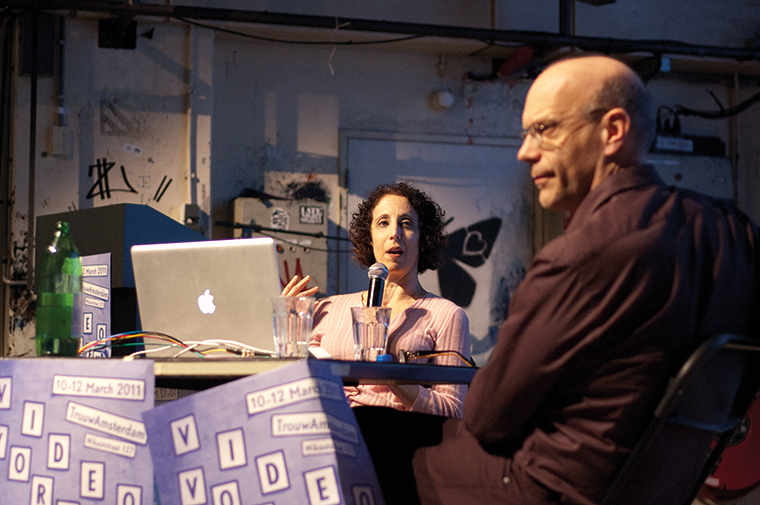
FEED: Do you think that will happen?
Geert Lovink: Oh, definitely. This is one of their first measures and it’s going to hit the Americans very hard, they’re completely unprepared for it. It’s really enjoyable to see the naivety of the Americans in this respect; the unpreparedness of them.
These developments are all geopolitical in nature. They’re focused on technological warfare through standards. Look at the Huawei controversy. There’s another interesting battleground happening around the ownership of 5G and the Internet of Things and of this most intimate of devices that we all carry around and use to share the most personal details of our lives. That battleground has direct and immediate consequences for billions of people.
The video aspect is interesting, because all this is moving into a post-text world. There’s overwhelming evidence for this move across the globe. Less text, more images, more memes, more videos, more platforms to play those videos on. For you and me, this is more than self-evident, but the world is not taking notice of these rapid shifts. Most people still talk about a newspaper or a traditional television channel that existed 30 years ago, but the real changes are happening in our field.
FEED: As content becomes internationalised by global platforms, what affect does it have on local culture and community?
Geert Lovink: I think, due to geopolitical pressures, a local culture will emerge. There’s no doubt about that. We see a lot of signals in that direction.
But building up local alternatives, or local media practices, takes time. These things, by their very nature, grow in an organic way. You can’t say, ‘OK, next week – or even in one or two months – we’ll have a thriving local online video culture’.
One of the problems we have, especially in Amsterdam, but I see it all over the world, is that finding cheap places to build up some local infrastructure has become nearly impossible. It is impossible to rent or to get spaces. The local, in order to thrive, needs spaces. You can say, ‘OK, we’ll just do everything online on local platforms and networks’, but it doesn’t work like that.
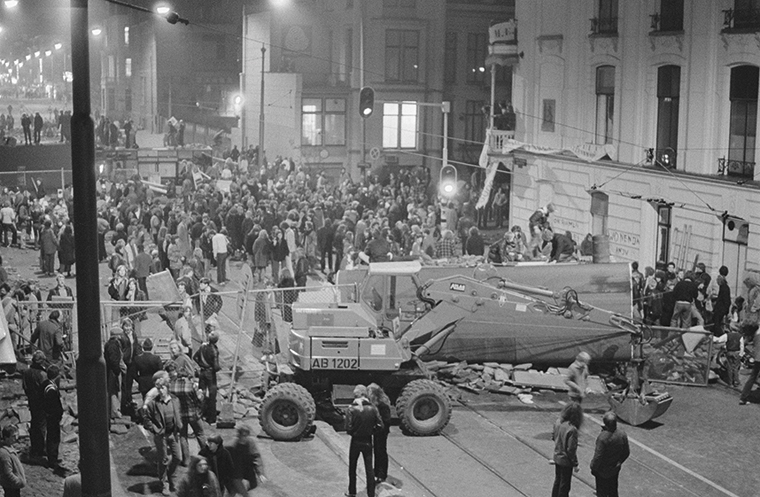
We would need a serious collapse of the real estate market to enable a lot of local initiatives to thrive again. Unless that’s the case, the local will face a very hard time. Even a place to come together for a few hours or for a festival over a couple of days is becoming too expensive – and also regulated. We can’t just gather here or there. This is developing into a point of crisis. Everyone I know who is organising events runs into this.
FEED: Given the currentproblems with data, algorithms and the opaqueness of the big platforms, do you think there will be a sea change in how people approach online media?
Geert Lovink: Despite the fact that technological changes are happening quickly, our awareness of the situation is slowing down, even for people who are following it closely.
This is worrying. The problem of Facebook and Google existed ten years ago, but we’re only at the beginning of this big controversy. It took us ten years! Where were we in those ten years?
There was a logic that was in place in that crucial period from, say, 1995 to 2005, when people moved quickly from one side to another, from one service to another, but that’s gone. Now people are locked in, and there’s a lot of psychological pressure. It’s not going to be so easy.
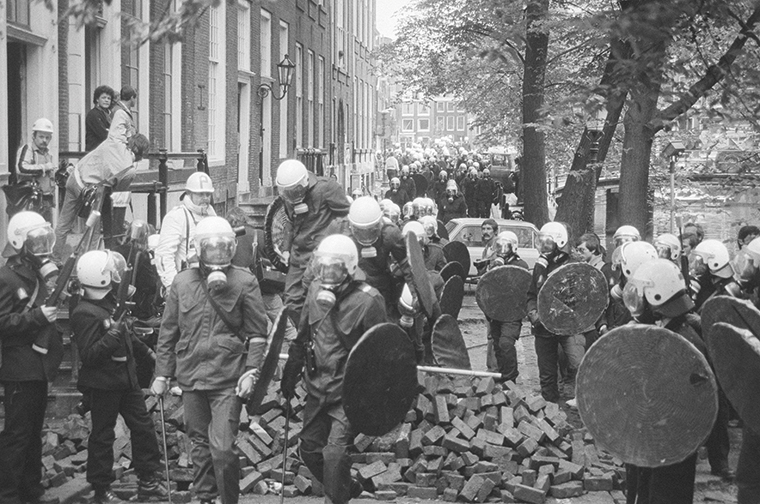
FEED: What have you been working on with the Institute of Network Cultures, particularly the Video Vortex events?
Geert Lovink: I founded the Institute of Network Cultures about 15 years ago. And it’s where theorists, researchers and practitioners continue to do intimate research on a diversity of topics.
Our method is to build long-term networks to work on these issues, but that combines critique with alternatives. For us, there are no alternatives without critique and the other way around, too. We don’t just critique and cry for regulation. If we critique these platforms and we don’t have anything to offer, we better shut our mouths and go back to the drawing board.
These communities work on specific topics, because if you want to develop alternatives, you can’t critique the internet in general. It’s like critiquing the sun. You need to pick your battle and stick with it for five, ten, 20 years. Our communities are backbones for people who exchange ideas, want to support each other and want to know what’s going on elsewhere.
It’s also a place where new ideas are exchanged and critiqued, and people test new concepts. We believe in concepts and we believe they are the building blocks of every code, of every interface, of every media network and platform. We need to do that fundamental work, and it has tremendous long-term consequences.
FEED: Has Europe done a better job than other parts of the world in dealing with online technology?
Geert Lovink: One of the problems with Europe was that it was not prepared to develop its own concepts when technological changes started happening in the mid-90s. There was a long period in which the European elites, including the business elites, looked down on the internet and all the funny gadgets. ‘The internet’s going to go away, it’s irrelevant, it’s entertainment’, they said. For this miscalculation, we have paid a big price. The only way to repair that mistake is to work on concepts together, because regulation alone is not going to do it. The European political class hasn’t even started with the problem of Facebook and Google.
If you want to stay on top of this stuff, you cannot do it by regulation. We need to work on the level of critique, and do so in a positive way. But this New Age approach of saying, ‘if you’re only positive and nice to each other, it’s going to work’, is not going to go anywhere either – the gesture is nice but naive, because it disregards the enormous seductive power of the existing platforms.
FEED: That’s an important point. These platforms aren’t just neutral technologies. They powerfully influence a lot of what we do.
Geert Lovink: Facebook and Google have bought themselves into the most fundamental levels of all the regulatory regimes of the internet protocols. That is the most depressing thing to me. The many billion of dollars they’re earning doesn’t impress me – it’s the fundamental influence they’ve gained over the past ten years, which for online video has long-term ramifications.
It makes it harder for other players to come in and for people to set up their own infrastructures, their own codecs and browsers. And the dominance of Android in the smartphone arena, and the way Google is manipulating this field via Android, is a complete unwritten story, especially with new industry standards.
If we want to reform let’s say the online video use, and turn it into a public infrastructure, this is precisely the block you will run into.
One of the problems with Europe was that it was not prepared to develop its own concepts when technological changes started to happen in the mid-90s
FEED: The major standards bodies can work for years on an industry standard, but a digital platform can roll out something very quickly that can challenge it overnight.
Geert Lovink: And erase all that work. You think, ‘What have you been doing? Were you sleeping?’ These are regulatory regimes for a shrinking market, for traditional terrestrial television. Come on people, wake up.
FEED: How can traditional broadcasters make the transition to an online world – is it possible?
Geert Lovink: We have a good example in Amsterdam. The local politics and parties don’t know what to do. They cannot think of a productive hybrid between local broadcasting and online video, and there is no one in that field who comes up with the proposal like, ‘OK, let’s bring the two together’. And this keeps on surprising us.
They put millions into traditional local cable – broadcasting – but no one’s watching this anymore. Young people don’t even know that it exists. We’re in a complete stalemate. The politicians can only finance traditional local cable television – private or public, they will finance either. But none of them have a way to make that jump to the internet arena, and we are puzzled why.
FEED: Can you speculate on why? Is it just because of entrenched ways of doing things?
Geert Lovink: That, and because of commercial interests. ‘Hilversum’, as it is called here in The Netherlands– the public and private broadcasters are based there. They dominate the advisory boards, they suggest the names for the CEOs of these companies or non-profits, too. None of them have any contact with the internet world. So how can we make progress?
Not even Netflix has woken them up. Individually, as a career, people in Hollywood think, should I produce something for Netflix? Or should I work with the traditional studios? But in television, and in Europe, no. It’s business as usual. None of the models are changing.
Netflix is ignored in Silicon Valley, too. They seem clueless about the rise of Netflix – as does YouTube, which should be concerned because, if you look at the numbers, YouTube’s influence is declining. For years, it’s been trying to do something about it. But I don’t see any long-term response, because Google does not believe in content. As long as you don’t believe in content, you’re out of the game.
